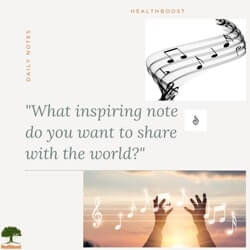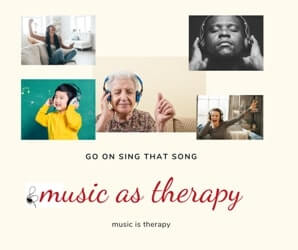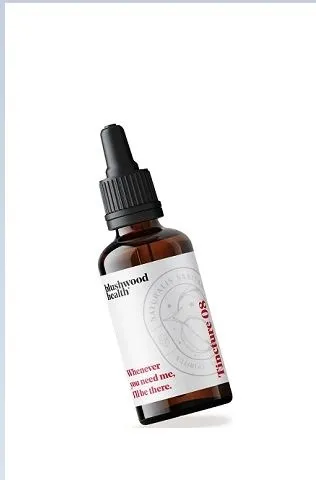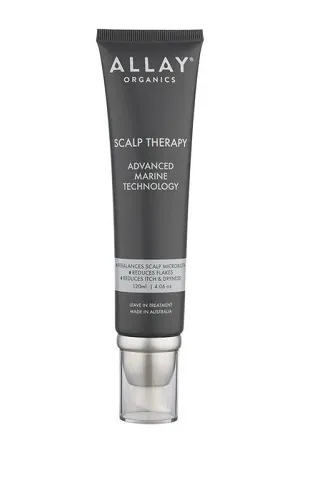I have a therapist: her name is Music (1st May 2021):
 Yehudi Menuhin, one of the greatest violinist in the world said: ‘ Music is therapy. It is a communication far more powerful than words, far more immediate, far more efficient’.
Yehudi Menuhin, one of the greatest violinist in the world said: ‘ Music is therapy. It is a communication far more powerful than words, far more immediate, far more efficient’.
You wake up to a song as your alarm clock, stream music while you crunch numbers at work, blast power workout playlists at the gym, and attend music festivals on the weekend. But did you know that what you are listening to can actually affect how you act, feel and think?
The word music therapy is searched more than 33 thousand times on Google. On an average a person listens to 25 songs per day. The first music therapy degree programme was founded at Michigan State University. Study shows that listening to music for 1 hour over a period of 7 days increased feeling of power , and decreased pain, depression and disability related to chronic back and joint pain.
Listening to music causes the brain to release Dopamine, a feel good hormone. Music acts as a distractor, focusing the attention away from negative stimuli to something pleasant and encouraging. Music has the ability to alter breathing and heart rate. When we listen to music with a strong beat, our brainwaves can be stimulated. Faster beats encourage more concentrated and alert thinking, while slower beats are associated with relaxed meditative states.
hormone. Music acts as a distractor, focusing the attention away from negative stimuli to something pleasant and encouraging. Music has the ability to alter breathing and heart rate. When we listen to music with a strong beat, our brainwaves can be stimulated. Faster beats encourage more concentrated and alert thinking, while slower beats are associated with relaxed meditative states.
The moment you press play a number of things happen in your brain and body.
- Ever listen to a song and get vivid flashbacks? Enjoyable music may lead to dopamine release in the mesolimbic pathway of your brain, which may in turn support the formation of associations and ultimately. Memories.
- Exercise ability. You are able to push harder and longer in your workout due music’s effect on your physical capacity and arousal
- Work performance. You perform better on spatial tasks and standardized texts. In 1993 a study showed that listening to Mozart could improve standardized texts. However, it is juts not classical music that has this affect. A study also shows that people exposed to music performed better at spatial tasks than those not listening to music.
- Blood pressure. Want to keep your heart healthy? Music is effective at lowering individual’’s blood pressure.
- Sparks creativity. Music gets your creative juices flowing
- Puts you to sleep. Having difficulty in sleeping at night? Listening to music for 45 minutes prior to bed time will aid in better sleep patterns.
- Relieves pain. Multiple studies have shown that music can help relieve pain. Some patients benefit from music therapy so much that they take significantly less pain medication.Music distracts from pain, provide choice and control, validate feelings and elevate mood, cue for rhythmic breathing, mask hospital/ environmental sounds, and provide familiarity, predictability and security.
In 2014-15 US News and World Report’s besthospitals ranking showed that 10 out of 10 paediatric hospitals and 8 of 10 rehabilitation hospitals had music therapy programmes.
So go on, sing that song, blast that playlist, because sometimes music is the only medicine the heart and soul need.
Healthboost Products:
-

Organic Whipped Tallow Cream 120ml
$34.50Add to cart -

Blushwood Berry Seed Extract EBC-46 Tincture
$120.95Add to cart -

Scalp Therapy Advanced Marine Technology Allay Organics
$48.50Add to cart -

Organic Cordyceps Militaris Evolution Botanicals
$72.99Add to cart -

Turkey Tail Mushroom Super Foods
$79.99Add to cart -

Cordyceps Mushroom Forest Superfoods
$89.00Read more
Check your Body Mass Index (BMI):
[bmi]
